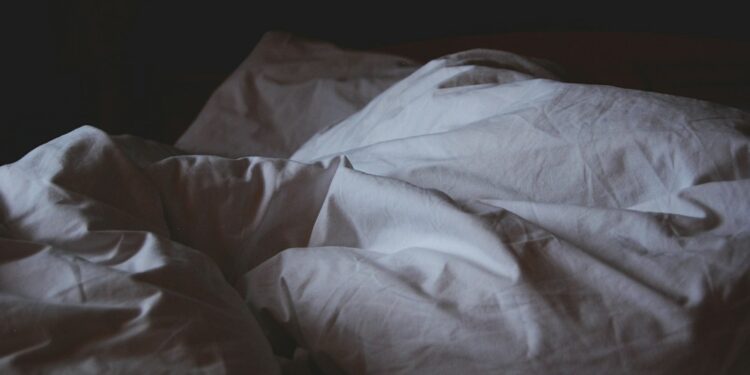Throw away the CPAP machine.
A new study suggests that a European epilepsy drug, sulthiame, may offer an effective treatment for sleep apnea. Clinical trial results, presented at the European Respiratory Society’s annual meeting in Vienna, revealed that patients who took the drug experienced fewer interruptions in their breathing during sleep and had higher oxygen levels in their blood.
Researcher Jan Hedner from Sahlgrenska University Hospital and the University of Gothenburg in Sweden explained that sulthiame could be particularly useful for individuals who struggle with mechanical treatments like CPAP machines. While sulthiame is not approved in the United States, it is commonly used in Europe to manage epilepsy. The drug works by increasing levels of the anticonvulsant phenytoin and targeting the respiratory system by inhibiting the enzyme carbonic anhydrase, which helps activate upper airway muscles.
In the study, nearly 300 sleep apnea patients from hospitals in Spain, France, Belgium, Germany, and the Czech Republic were enrolled. None of the participants were using CPAP devices or other mechanical aids for their condition. About 75% of the patients received sulthiame at varying doses, while the remaining participants took a placebo. Those on the highest dose of sulthiame showed a 40% to 50% improvement in breathing during sleep compared to the placebo group. Additionally, participants reported feeling less sleepy during the day.
Mild to moderate side effects, including headache, fatigue, nausea, and a pins-and-needles sensation, were noted among sulthiame users. Despite these side effects, Hedner pointed out that the drug significantly reduced obstructive sleep apnea symptoms, improved nighttime breathing, and boosted average blood oxygen levels.
Sophia Schiza, head of the ERS meeting and a professor of respiratory and sleep medicine at the University of Crete, called the study’s findings promising. She emphasized the need for further trials to confirm the long-term benefits and safety of sulthiame as a treatment for sleep apnea.

































Discussion about this post